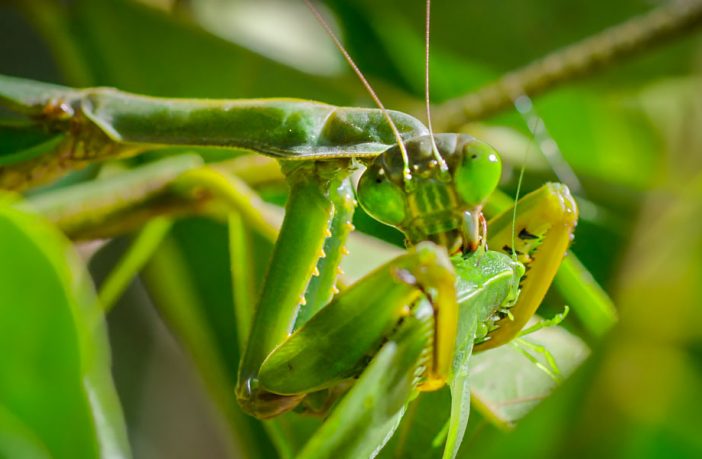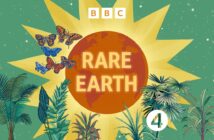Predators are often perceived as being ferocious, successful hunters but the truth is, most hunts fail. A new landmark BBC natural history series uncovers dramatic and never-seen-before footage of predators and the difficulties they face in catching their prey.
Narrated by Sir David Attenborough, The Hunt, produced in partnership with The Open University, travels the world in seven episodes, each following a top predator as it tracks its prey. It takes an intimate and detailed look at the strategies employed by both hunters and their prey and the final episode addresses some of the conservation initiatives around the world that recognise the many iconic predators struggling to survive.
Senior lecturer in Biology, Dr Miranda Dyson, was one of the OU’s academic consultants on the programme:
“We have all seen television footage of lions successfully killing antelope, tigers taking down deer and polar bears catching seals. However, the reality is that hunts often fail. Cheetahs for example successfully bring down prey in only 25 per cent of hunts and even when they succeed, their kill is often stolen by other, larger carnivores like a hyena or lion.”
Thanks to the ingenuity of the camera crew, The Hunt is able to put viewers right alongside the animals, giving unprecedented access and insight into the behaviours of these animals and a sense of the real-life drama involved.
The series is made by Alastair Fothergill (Blue Planet, Planet Earth, Frozen Planet) and Huw Cordey (Planet Earth, South Pacific), and broadcasts on Sundays at 9pm on BBC One, starting on 1st November.



